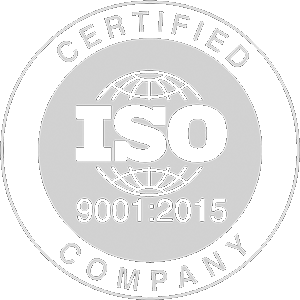Polyvinyl Chloride (PVC) is a widely used thermoplastic polymer known for its versatility, affordability, and ease of processing. It is commonly used in various applications due to its combination of mechanical properties, chemical resistance, and electrical insulation.
- Cost-Effective: PVC is known for being an economical plastic material, making it a popular choice for applications where cost considerations are important.
- Chemical Resistance: PVC is resistant to many chemicals, acids, bases, and salts. However, its resistance can vary depending on the specific formulation and additives used.
- Electrical Insulation: PVC is a good electrical insulator, making it suitable for applications requiring electrical isolation and safety.
- Flame Resistance: PVC has inherent flame-retardant properties, making it less likely to support combustion and suitable for certain fire safety applications.
- Weather Resistance: PVC has good weathering resistance, making it suitable for both indoor and outdoor applications.
- Mechanical Strength: While not as strong as some other engineering plastics, rigid PVC offers moderate mechanical strength and can be reinforced with additives to enhance its properties.
- Dimensional Stability: PVC generally maintains its dimensions and shape under varying conditions, contributing to its consistency in machined parts.
- Ease of Machining: PVC is relatively easy to machine using standard machining techniques, making it accessible for various machining processes.
- Building and Construction: PVC is extensively used in the construction industry for applications such as pipes, fittings, window profiles, and insulation.
- Electrical Wiring: PVC is used for electrical conduits, cable insulation, and wiring due to its electrical insulation properties.
- Automotive Industry: PVC is used in automotive applications such as interior trim, door panels, and wiring harnesses.
- Signage and Displays: PVC is commonly used in signage, displays, and point-of-sale materials due to its ease of fabrication and durability.
- Medical Devices: PVC is used in medical equipment and devices, including tubing, bags, and IV components.
- Consumer Goods: PVC is used in a wide range of consumer products, including toys, household items, and packaging.
- Water Treatment: PVC is used for water pipes and fittings due to its chemical resistance and low cost.
- Furniture: PVC can be used in furniture components, such as edge bands and profiles, due to its ease of fabrication and affordability.
